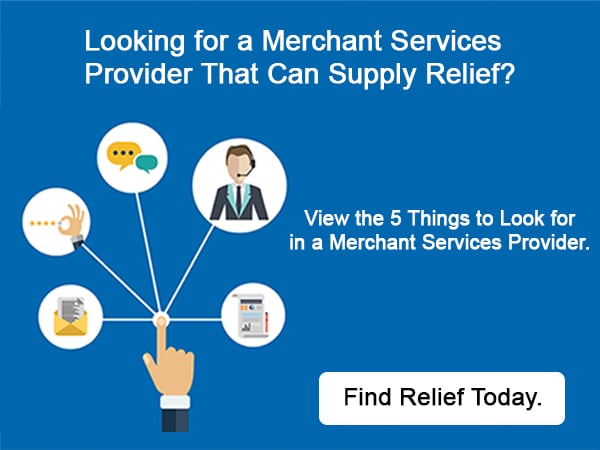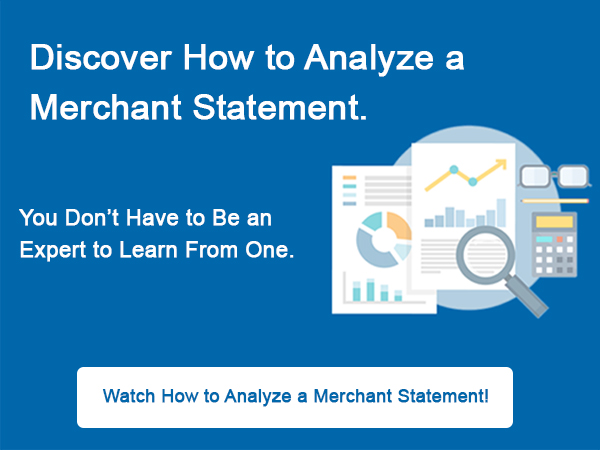The key ingredients for any business relationship are transparency and communication. This is no different for merchant services. Your payment processor will be responsible for making sure your transactions are secure and timely. Having the right processor could make all the difference in your bottom line. Here are some smart questions to ask when looking for a new merchant services provider.
- What pricing models do you offer? The standard pricing models are interchange (cost plus), tiered rates, and flat rates. Interchange is the easiest to calculate and track overtime. Virtually all merchants save money on an interchange-pricing model.
- Are there monthly fees? Monthly fees vary by processor. Your payment partner will make you aware of these fees before you agree to a contract.
- Are there PCI compliance fees? This fee shouldn’t exceed $100 a year. However there are payment partners that don’t require a PCI fee.
- Do you have 24/7 support? It’s important to know if your merchant services provider is accessible via phone and email any time day or night. Having accessible and open communication with your processor can decrease needless back and forth conversations and quicker solutions.
- Can I receive a statement review after I switch? Your payment partner should be willing to give you a comprehensive statement review. Qualified representatives will spend the majority of the time showing you how the numbers work versus selling you a service you barely understand. Understanding your statement creates confidence and trust between you and your payment partner.
- How do I check reports? Your payment partner will give you the resources to check your statements online and view transactions in real time.
- Are there any integration fees? There shouldn’t be any integration fees unless you’re installing completely new software. An experienced payment partner will have multiple solutions and give flexibility to choose those that are most effective for your business.
- Is there a monthly minimum to process? Typically this is case by case for each processor. You have room to negotiate based upon your volume. Your payment partner should be open and receptive to your needs.
- How much should my equipment costs? Equipment costs should be more budget friendly when you order through your processor. If your processor proposes a payment plan for equipment such as terminals and e-readers, you might end up overpaying. These types of equipment usually cost less when bought directly from the processor.
- Are there early termination fees? Your payment partner may have an early termination fee. Some businesses feel this is necessary to protect their agreements. It’s good to know about early termination fees, however keep in mind you’re building a long-term relationship with your payment partner.









 Facebook
Facebook Twitter
Twitter LinkedIn
LinkedIn Youtube
Youtube Glassdoor
Glassdoor